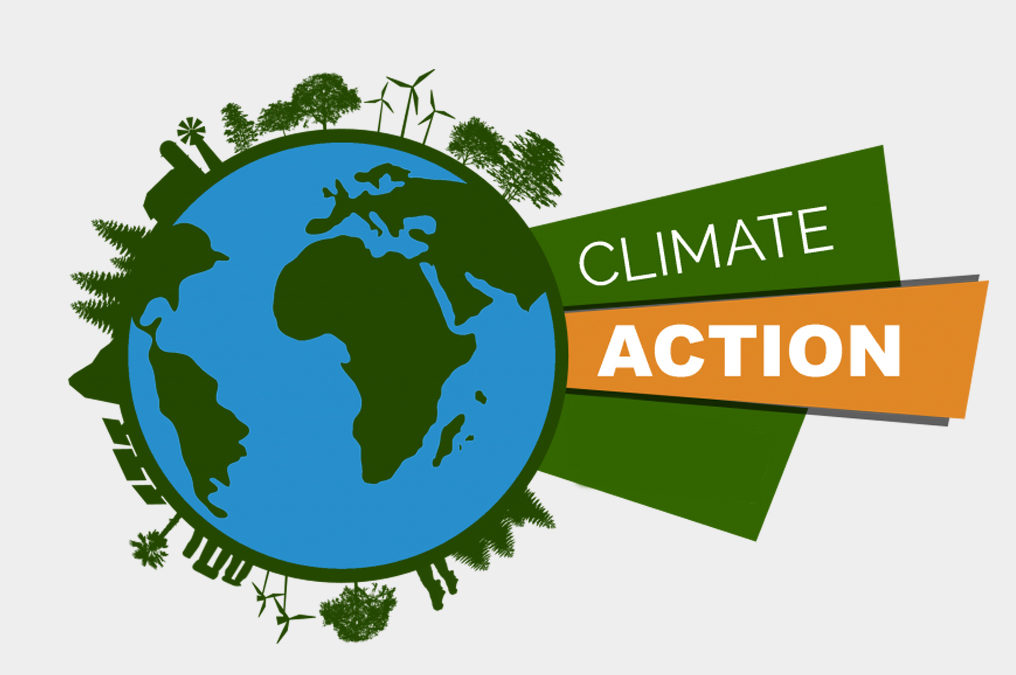As we enter the year 2024, the need for immediate and decisive climate action has never been greater. Extreme weather events, melting ice caps, and rising sea levels are all signs of a planet in distress. The time has come to act, and we must take responsibility for ensuring a sustainable future for future generations.
Escalating Climate Crisis: The evidence for a rapidly escalating climate crisis is overwhelming. Extreme weather events like hurricanes, wildfires, and floods have become more frequent and intense in recent years. These events not only cause devastation in communities, but they also put a strain on our resources and infrastructure. The urgency of mitigating and adapting to these changes cannot be overstated.
Rising global temperatures: The Earth’s temperature continues to rise as greenhouse gases accumulate in the atmosphere. The use of fossil fuels, deforestation, and industrial activities all contribute to the release of carbon dioxide and other pollutants, which trap heat and cause global temperatures to rise. Climate change has far-reaching consequences, including ecosystem disruption, biodiversity loss, and threats to food and water security.
Rapid melting of the polar ice caps is causing sea levels to rise. As ice melts, it threatens not only polar bears and other wildlife, but also coastal communities around the world. Rising sea levels cause increased flooding, saltwater intrusion into freshwater sources, and the possible displacement of millions of people. Immediate action is required to slow these processes and protect vulnerable populations.
Environmental degradation and the loss of biodiversity: Human activities are irreversibly damaging ecosystems, resulting in biodiversity loss. Deforestation, pollution, and overexploitation of natural resources are bringing many species to the brink of extinction. The delicate balance of ecosystems has been disrupted, affecting not only the planet’s flora and fauna, but also the livelihoods of communities that rely on healthy ecosystems.
Recognizing human activities’ impact on climate change is crucial. The excessive use of fossil fuels, reliance on unsustainable agricultural practices, and the throwaway culture all contribute to environmental degradation. Shifting to sustainable energy sources, implementing environmentally friendly practices, and encouraging responsible consumption are all critical components of effective climate action.
By 2024, the need for climate action will be a moral imperative rather than a scientific consensus. Our choices today will shape the world we leave for future generations. Governments, businesses, and individuals must work together to reduce carbon emissions, conserve natural resources, and create a resilient and sustainable future. It is time to acknowledge the gravity of the situation and take bold, meaningful steps to combat climate change before it is too late. We can make a difference by working together to ensure our planet’s health and well-being for future generations.
Do you have a story in your community or an opinion to share with us: Email us at Submit an Article









